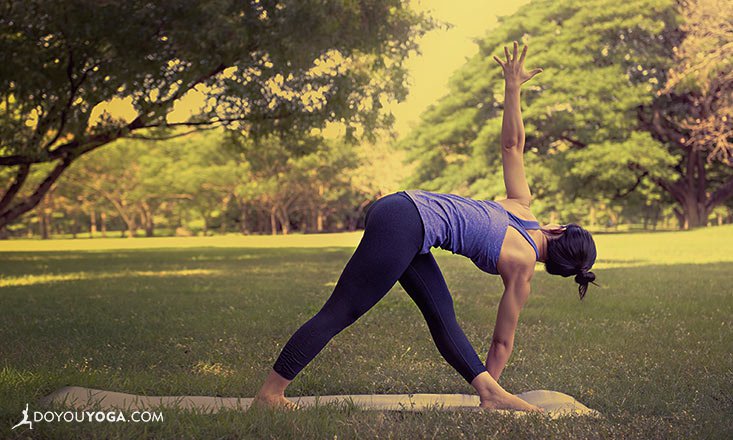Experiencing severe, deep, aching lower back pain or sharp, knife-like pain when moving the hips and pelvis are some of the signs and symptoms that your quadratus lumborum muscles (QLs) might need some tender loving care.
While the first part “quadratus” sounds like it would place this muscle in the quadriceps, or the large group of muscles in the front of the thigh, the QL is actually a muscle of the posterior abdominal wall. Its origin is the medial half of the posterior iliac crest and iliolumbar ligament and its insertion is the transverse process of the lumbar spine (L1-L4) as well as medial half of the 12th rib.
Simplified, the muscles are located in the lower back on both sides of the spine between the lowest rib and the top of the pelvis. These muscles are key for extension and lateral flexion of the vertebral column as well as stabilizing the core during respiration.
Continuous contraction of these muscles is required when sitting for long periods of time and this can cause the QL muscles to fatigue. If you consistently sit for long periods of time, it’s important you explore movement regularly to loosen up these crucial muscles. A regular yoga practice is a great way to gently ease into the lower back.
If you want to work into the QL muscles, ease tension and find more space in the body, you could sign up to this free 30 Day Yoga Challenge. It will guide you through poses and help you retain a healthy lumbar spine.
To help reduce QL pain and potential for subsequent signs and symptoms like sciatica and chronic lower back pain, here are 5 yoga poses to stretch your QLs.
1. Wall Arm Press to Forward Fold
The QLs contract in extension and hyper-extension poses, so forward bending helps stretch them out. Start with your arms pressed against a wall to activate the QLs and stabilize the spine in an extended position.
This allows for a sweeter release into a forward fold. Bending your knees and allowing your body weight to relax forward increases the stretch for your QLs.
2. Gate Pose
Gate Pose invites a stretch of one QL muscle at a time. Releasing the upper body from a lateral extension into a soft forward fold over the extended leg can help deepen the stretch of the targeted QL.
3. Triangle Pose and Revolved Triangle Pose
Like Gate Pose, Triangle Pose helps stretch one QL muscle at a time. Revolved Triangle Pose can also help to stretch the tender QL muscles as well as increase length throughout the whole spine.
4. Child’s Pose with Arm Stretch
On its own, Child’s Pose is an excellent way to release the whole back including the QL muscles. Walking the arms to one side and sinking the hips further back over the ankles helps bring more intention and length to one QL at a time.
5. Eagle Legs Side Twist
Start lying down on your back, find Eagle legs by crossing one thigh over the other, and gently twist the top thigh to the opposite side of your mat to come into a supine twist. If your right thigh is crossed over the left, your legs will cross over to the left side of your mat and, if it feels comfortable in your neck, you can gaze over your right hand. Then repeat all the same steps as you switch the cross of your legs and twist to the opposite side.
The QL muscles are often neglected because they are relatively small muscles and sometimes difficult to target in stretches; however, they can be the cause of significant lower back pain and are certainly worth thinking about in your next practice! Feel free to share any other QL stretches that you find helpful!







